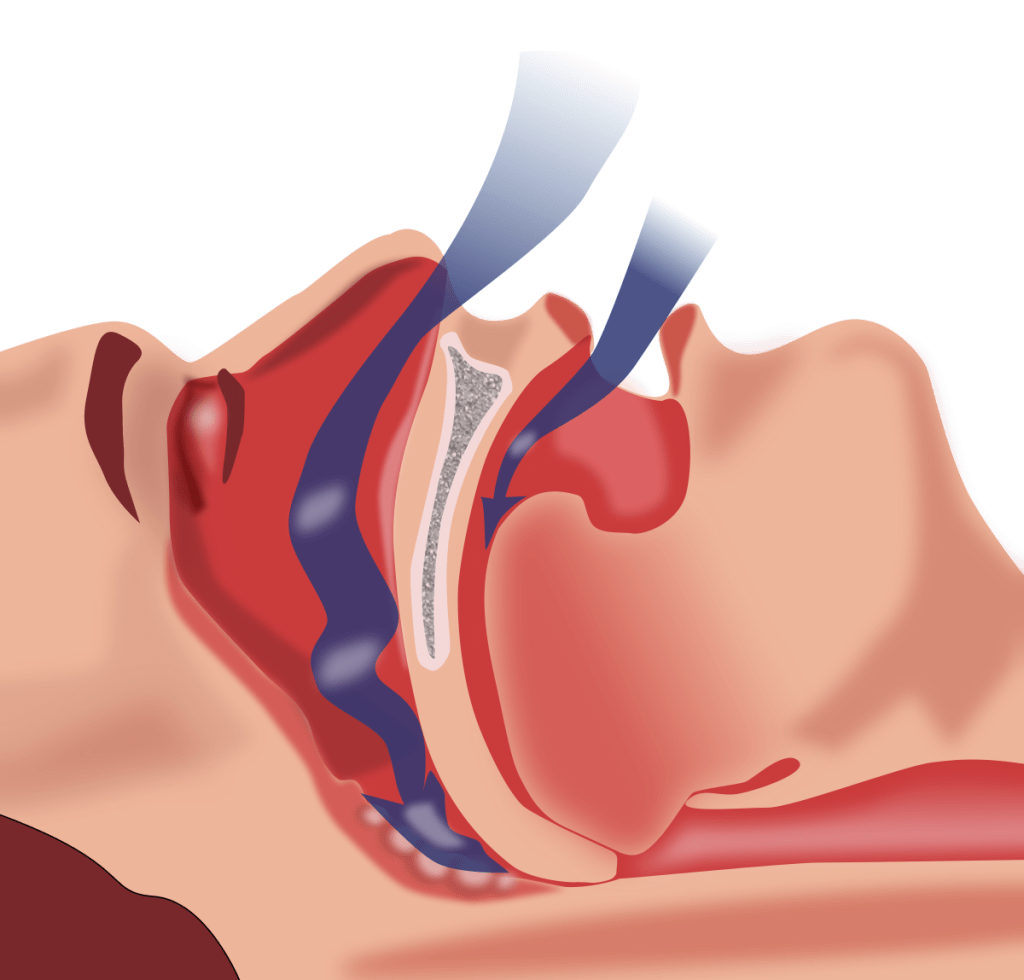When it comes to improving your heart’s health, regular exercise and a nutritious diet come as the first few options to bring a change. Not just these, a sound sleep is crucial for a healthy and happy heart. Several studies prove that people who get less than six hours of sleep at night have higher chances of developing heart disease or diabetes. Quality sleep regulates healthy blood pressure and manages your heart rate. Therefore, restorative sleep is important to reduce the risk of cardiovascular complications. Still unsure how sleep affects your heart? We have got you covered. In this article we will talk about how sleep affects your heart. Here we go!
Importance of Sleep for a Healthy Heart
Healthy sleep is important for a healthy heart. Every time you sleep, your body undergoes several recovery processes which manage your heart rate and regulate blood pressure. It helps in stress hormone management, resulting in excellent cardiovascular health. Adequate sleep promotes healthy cholesterol levels and reduces inflammation.
Not getting proper sleep? This elevates heart-related problems such as heart attack, stroke, and other heart diseases. Additionally, sleep issues such as sleep apnea and insomnia are often linked to increased cardiovascular risks due to increased stress on the heart and disrupted sleep. Therefore, prioritizing good sleep and maintaining a consistent sleep schedule is important to remain healthy. This is how sleep affects your heart.
5 Common Common Sleep Disorders and Its Effect on the Cardiovascular Health
1. Sleep Apnea

It is a common sleep disorder wherein a person stops breathing during the sleep. After some time, you start breathing again, restricting oxygen levels in the body. This causes heart problems such as heart stroke. If it continues, it leads to increased blood pressure. This strains your cardiovascular system. Such a condition increases the risk of heart arrhythmias and hypertension. In extreme situations, it may lead to heart failure.
2. Insomnia

A person suffering from this condition cannot sleep for long hours. Some people have a tendency to wake up early. Whereas, others do not fall back to sleep. Staying asleep or having difficulty sleeping results in chronic sleep deprivation. Ultimately, it increases your blood pressure and stress levels. This may cause several heart problems like stroke or hypertension.
3. Restless Legs Syndrome

In this health condition, a person suffers sensations in their legs. Such a sensation disrupts your sleep, resulting in increased heart rate and blood pressure. If left untreated, it elevates the chances of heart problems.
4. Narcolepsy

Some common symptoms of this condition are daytime tiredness and abrupt sleep bouts. This condition may result in fragmented sleep during the night and irregular sleep patterns. It can aggravate inflammation and metabolic dysregulation, causing heart disease.
5. Circadian Rhythm Disorders

Interruptions to the rhythm may result in abnormal sleep wake patterns. These conditions, like shift work disorder, can lead to poor sleep. It also elevates your stress levels and alters blood pressure and glucose metabolism, resulting in the risk of heart disease.
Adequate Sleep For Your Heart: Top Five Benefits
Here are the top benefits of proper sleep:
1. Regulation of Blood Pressure
Your blood pressure decreases when you sleep, which allows your heart to take a break. Proper sound sleep ensures your blood pressure levels remain healthy which reduces the risk of developing heart problems.
2. Improved Heart Rate
Heart rate variability or the difference in heartbeat duration is regulated by enough sleep. A higher heart rate points towards the improved cardiovascular fitness and stress resilience.
3. Reduced Inflammation
The sleep during the night controls body inflammation. Lack of sleep over an extended period of time can raise inflammatory marker levels. These are associated with an elevated risk of heart disease. Getting enough sleep reduces inflammation which takes care of your heart.
4. Improved Metabolic Health
Sleep is essential to maintain proper metabolic processes. These include insulin sensitivity and glucose metabolism. Getting enough sleep lowers metabolic diseases risks such as diabetes and obesity.
5. Stress Reduction
Getting enough sleep controls stress hormones such as cortisol. These may put a burden on the heart. If you are getting sound sleep, it reduces cardiovascular problems. Additionally, it improves overall heart health by promoting relaxation and reducing stress.
Tips for Improving Sleep for Better Heart Health
Here are some major tips you must follow for better sleep quality:
1. Follow a proper sleep schedule.
2. Build a safe and comfortable sleeping environment
3. Do not drink coffee or alcohol.
4. Do not watch anything on television or phone before sleeping.
5. Regularly indulge in light exercises
6. Practice relaxation techniques such as meditation.
By following these tips, you may get better sleep!
Wrapping Up!
Sleeping properly at night for seven to eight hours is essential. Your heart is an important part of your body. Thus, taking necessary steps to keep it healthy is essential. It is recommended to follow a proper sleep schedule. If you want to reduce heart risks or improve overall health, proper sleep is the key. However, it’s always preferred to consult with the best cardiologist in charlotte county to get complete healthcare.
For those in need of specialized care, consulting with the best cardiologist in Charlotte County, such as Dr. Harsh Patel at the Cardiology and Vascular Care Center, can provide comprehensive heart care. Whether you need heart attack treatment in Port Charlotte or are looking for a cardiologist near Port Charlotte, FL, taking these steps can ensure your heart stays healthy and strong. Regular consultations with a cardiologist in Port Charlotte can further support your journey to optimal heart health.

